
Of the 3.6 million military personnel deployed to Operation Iraqi Freedom and Operation Enduring Freedom, over half are married and about 53% are parents. As these veterans return home, the process of reintegration can have a variety of effects.
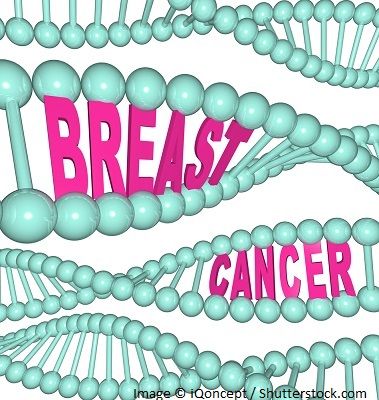

Of the 3.6 million military personnel deployed to Operation Iraqi Freedom and Operation Enduring Freedom, over half are married and about 53% are parents. As these veterans return home, the process of reintegration can have a variety of effects.

Who is responsible for treating the adolescent and young adult with psychiatric issues -- and when and how should transitions in care occur?
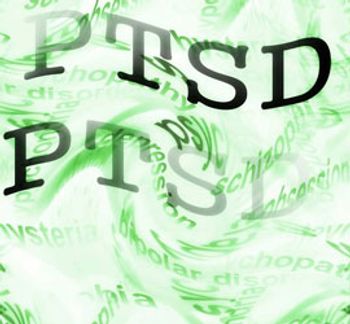
For PTSD in psychiatrists and other mental health care providers to be addressed, a major shift in medical culture and thinking is needed.

Intended for short-term use, this treatment is associated with specific diagnostic and symptom characteristics, with anhedonia being a stand-out.
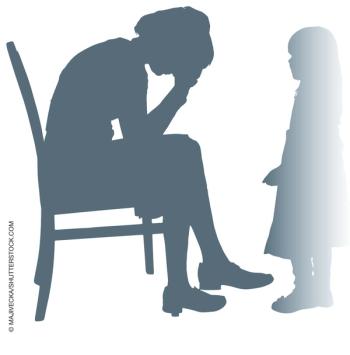
A look at what neuroimaging studies reveal, methylation patterns of the NR3C1 gene, and new methods to address disturbances in the parent-child relationship.

The authors summarize findings from the first study to compare suicide risk for veterans who do and those who do not use VA services.
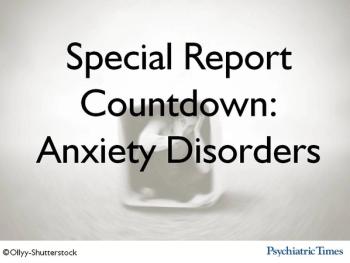
Anxiety is a fundamental aspect of the human experience, but if it impacts social, psychological, or physiological functioning, it can lead to symptoms that cause distress and impairment. Here: the latest on anxiety disorders by experts in the field.

Internet-based CBT has shown promise to improve access to therapy for patients with OCD, which is associated with a profoundly diminished quality of life and social isolation.
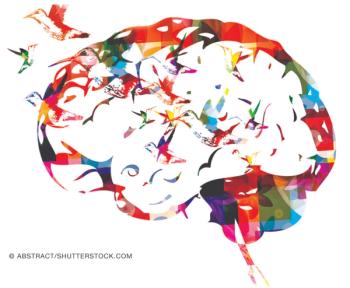
Intellectual disability affects an individual’s functioning in everyday life. The risk for a psychiatric disorder is greater in persons with ID than in those with intelligence in the normal range. Here: the latest information on ID.

The authors provide information about the human-animal bond that may provide a starting point for understanding the development of animal-hoarding disorder.

In this podcast, two psychiatrists discuss current clinical research and the future of treatment options for obsessive-compulsive disorder.

Treatment approaches to GAD, a highly prevalent, chronic, debilitating, relapsing, and often underdiagnosed anxiety disorder.
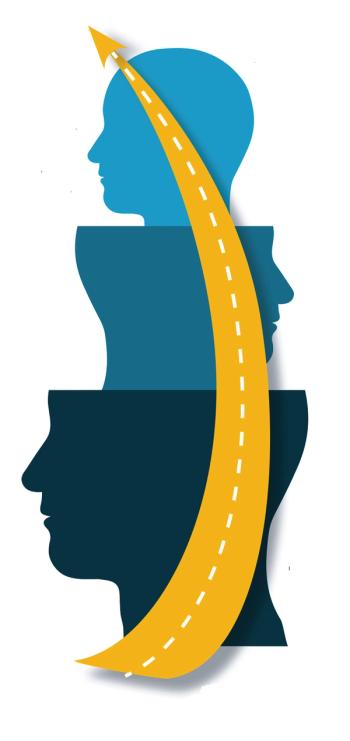
Identifying comorbid anxiety disorders as potential treatment targets may contribute to more positive outcomes for patients with schizophrenia. Details here.
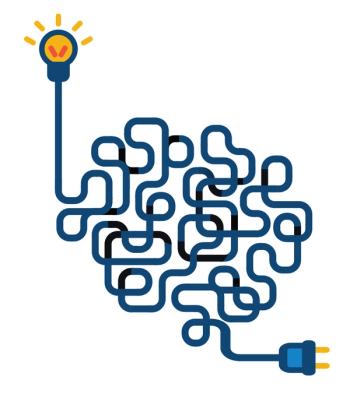
Available data suggest that transcranial magnetic stimulation holds promise as a treatment for GAD. Here: a look at what we know.

The authors examine anxiety in the medically ill: its presence secondary to or as an impersonator of physical illness and its diagnostic and management challenges.
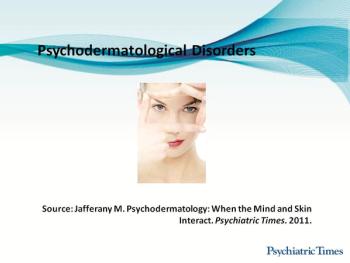
There is no universally accepted classification of psychodermatological disease, but this slideshow serves as a general overview of these disorders.

When widespread fear and anxiety about the spread of an infectious disease stress our society, psychiatrists can play a variety of important roles in population health management.
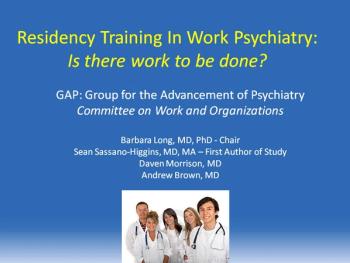
It has been estimated that depression alone results in a loss of $31 billion per year for employers. This slideshow reports findings from a survey on work psychiatry.

This study highlights the need to consider a holistic approach when discussing the problem of disruptive behavior in health care settings.

In what psychiatric disorder, if any, has wake therapy been useful to alleviate symptoms? Take the quiz and learn more.

A recently published study found that certain types of stress affect the quality and quantity of men's sperm. The senior author of that study addresses the topic and provides take-away points for psychiatrists in this brief podcast.

In Angst: Origins of Anxiety and Depression, Dr Jeffrey Kahn offers an alternative perspective on the evolution of common mental health disorders by considering the adaptive nature of symptoms that modern clinicians deem pathological.

Research is now making progress in understanding what happens before and during the illness and how this behavior can be explained.
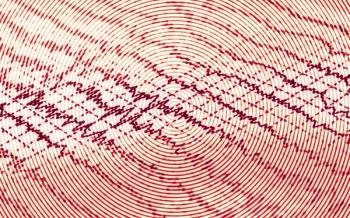
Psychiatric comorbidity in epilepsy represents not only a matter of intellectual interest but also an important variable that affects prognosis in terms of morbidity and mortality.
